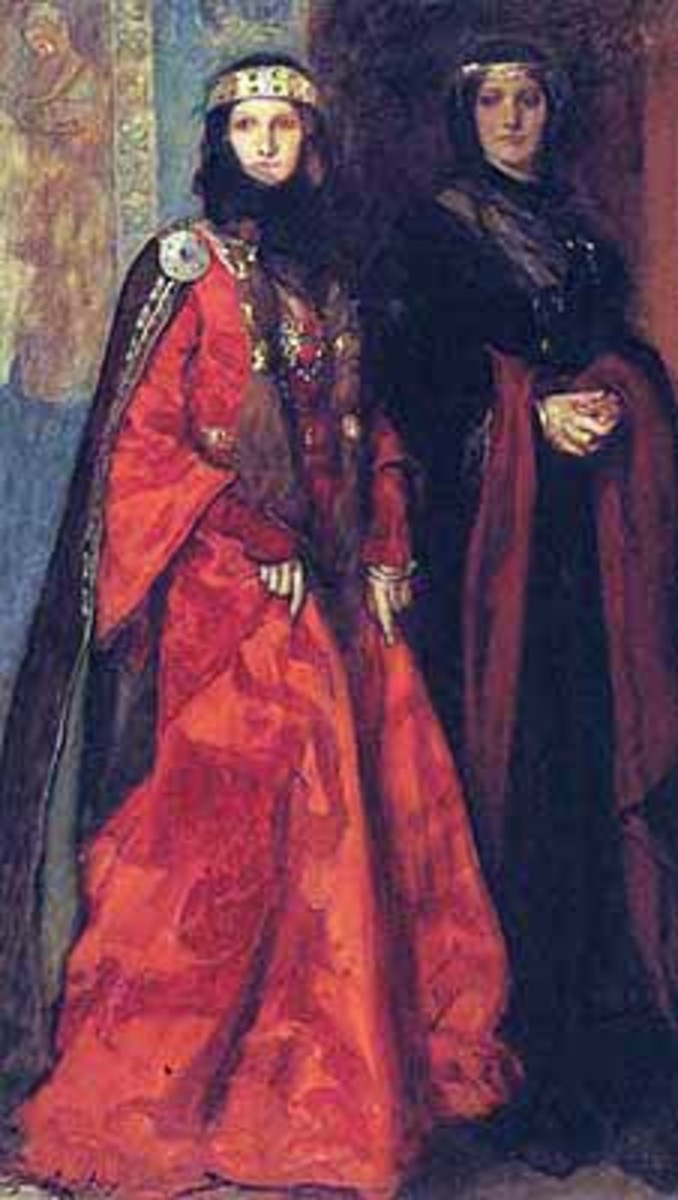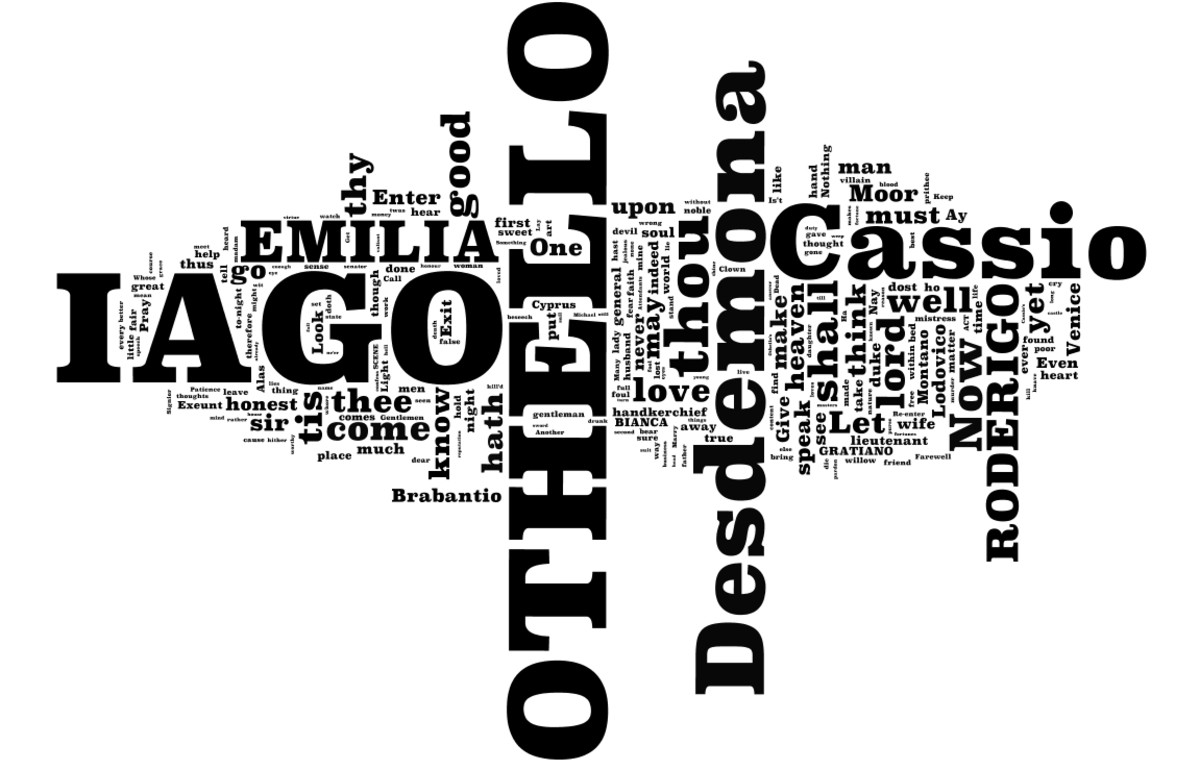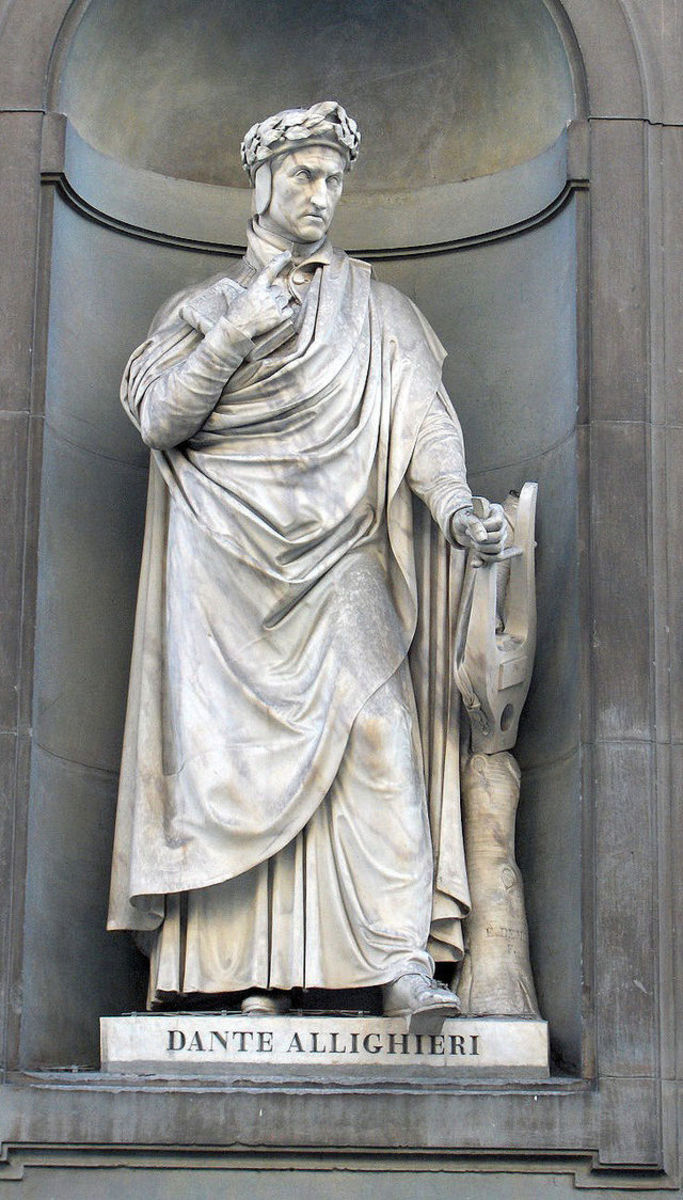How does Shakespeare present Claudio and Hero's relationship
Courtship
Courtship plays a vital role in Shakespearean comedies, acting as an intermediary step between acquaintance and marriage. Arguably Shakespeare through, perception of discrepancy and dramatic irony, in the context of this transitional period, presents progression in Claudio and Hero’s relationship which leads to the comic resolution. The audience observe subtle modifications in Claudio’s character as a result of the comic complications enabling the success of the wedding; thus possibly Shakespeare invites the audience to sympathise with the presentation of Claudio as Hero’s suitor. Although at the surface a happy ending is reached, the gulling scenes highlight Claudio’s high regard for appearance and perhaps his shallow character. Shakespeare creates parallels between Benedick and Claudio to explore the figure of the stock young lover while heightening the audience’s sense of the limitations of his conventional views. In using the character of Claudio to challenge contemporary stereotypes Shakespeare doesn’t invite the audience to fully sympathise with the presentation of Claudio as Hero’s suitor.
Benedick and Beatrice v.s Claudio and Hero
Shakespeare uses parallel situations with counterpoint and contrast between the progress of the two courtships creating less sympathy for Claudio’s presentation as Hero’s suitor. The transformative power of love allows Benedick to change his defence of masculine honour into the defence of female honour. The Elizabethan era was a time in which masculine companionship played a sizable role in the lives of men but as a result of his devotion to Beatrice Benedick decides to abandon his male friendship and he “will challenge [claudio]” to defend Hero’s vulnerable position. Shakespeare poignantly uses this challenge to contemporary ideologies to demonstrate the ease with which Benedick discards social conventions and the bravery of his love for Beatrice. Shakespeare presents a direct contrast between Benedick and Claudio, who demonstrates his conventionality consistently throughout the majority of the comedy. Social status means so much to Claudio that he “will shame her” passionately based solely on a statement from Don John in protection of his societal standing. Moreover through the gulling scene of Benedick Claudio shows his romanticized viewpoint on love as he he only notes physical manifestations of it, particularly his description of how Beatrice” weeps, sobs, beats her heart...”, proving his two-dimensional understanding of relationships. Before the profession of love between Beatrice and Benedick there is a “merry war” between them which is contrasted with the “bashful sincerity” between Claudio and Hero. The polarity Shakespeare creates between the lovers identifies the lack of passion between the latter and raises the audience’s perception of the vitality needed within a relationship; existing in Benedick and Beatrice’s relationship. Through the parallel between the lovers, the prevailing attitudes and the rigidness of Claudio’s character are highlighted and the audience are unlikely to feel sympathy for his presentation as Hero’s suitor because of Benedick’s transformation caused by his love; denoting Claudio’s apparently insincere love.
Can Claudio reflect on his actions?
Shakespeare presents Claudio as a character with an inability to judge his own actions and as having no spiritual identity which stems from the “exquisite” nature of his existence. Comic devices such as dramatic irony, perception of discrepancy and the gulling scenes are at the centre of Shakespeare’s presentation of Claudio. Shakespeare uses a pun in the title “Much Ado About Noting” to highlight the significance of perceptions within this comedy and through this the superficiality of Claudio’s judgements are exposed. A prime example of this is his exclamation that Hero’s outward beauty had deceived him, stating “Out on thee, seeming...”. This is an apt example of Claudio’s poor judgements as a result of his susceptibility to be misled by outward appearances. Shakespeare depicts Claudio as emotionally shallow leading to Claudio’s mocking of Hero’s grieving father; critiquing the egocentric temperament of conventional Elizabethan men. Dramatic irony enables the audience to critically assess Claudio’s actions thus, it is totally unreasonable in the eyes of the audience for Claudio to rid himself of all responsibility concerning his destructive actions. Shakespeare presents a parallel between Borachio,co conspirator, and Claudio’s reaction to the death of Hero accentuating Claudio’s emotional emptiness. Borachio is presented as being the first man to truly note the death of Hero and its implications; in doing so he reflects on his own actions and “desires nothing but the reward of a villain”. Even the villainous conspirator is presented to have the emotional capability to reflect on his actions whereas Claudio is presented with the absence of this characteristic. Allegedly Claudio feels deep sadness at the death of Hero and allows Leonato to “Impose on [him] what penance[his] invention...” but simultaneously he attempts to free himself of culpability and claiming he was victimized by referring to himself as “poor Claudio”. Although outwardly Claudio apologises, his immediate reaction is to guard his own reputation; depicting both the lack of love he has for Hero and the absence of the capability to contemplate his own actions.

- Five Years Too Many Baha'i International Community
Bahá'í International Community
Is Claudio shallow?
By regarding appearance and social conventions as superior to the feeling of love itself, Claudio alienates himself from a modern audience. Shakespeare presents Claudio to be solely focussed on material aspects of human relationships which displays the shallowness of his character, especially to a modern audience. The first point Claudio raises when consulting with Don Pedro concerning Hero is whether “Leanoto hath any son...”, this inquiry alone demonstrates his mercenary intentions and that his desire to wed Hero seems to have stemmed from the financial incentive; questioning the righteousness of his love for Hero. Claudio first presents his ‘love’ for Hero to the audience using the imagery of a “jewel”, which potentially demonstrates his lack of emotional sensitivity to relationships and the audience are unlikely to concur with his acquisitive viewpoint on marriage. A jewel is an ornament therefore Claudio indicates that marriage is merely a luxury solely benefiting him rather than Shakespeare’s presentation of the mutual love shared in the relationship between Benedick and Beatrice. Moreover there is emphasis placed on the fact that Claudio considers appearance of utmost importance because a jewel is often conspicuously displayed inferring that his primary concern is the way in which others view the appearance of his “jewel”(Hero), which as a result emphasises Claudio’s acceptance of contemporary ideologies; resulting in the view that a wife is a husband’s possession, which undermines his presentation as Hero’s suitor in the eyes of the audience.
Don Pedro and Claudio
Considering Don Pedro is equally shown to have been tricked by Don John’s plot, Claudio’s youth and impressionability is likely allow the audience to feel compassion towards Claudio’s actions. The parallel Shakespeare creates between Don Pedro and Claudio’s reaction to Hero’s alleged infidelity partially justifies Claudio’s decision to “not to marry her...”. Social status throughout the play and in Elizabethan society is held in high regard and as a result of Don Pedro’s station as “prince” and the respect both the audience and Claudio have for his position contribute to the audience’s understanding concerning Claudio’s decision to “not marry her”. Don Pedo’s reacts in saying “oh day untowardly turned!” this is directly followed by Claudio’s statement “oh mischief strangely thwarting”. Not only are both of their implications the same Shakespeare ensures the audience recognise this parallel as the syllabic structure of both statements is identical providing more evidence to justify Claudio’s actions.; emphasising his victimisation within the plot and allowing the audience to feel sympathy with his presentation as Hero’s suitor.
Does Claudio change?
Shakespeare invites the audience to empathize with the presentation of Claudio as Hero’s suitor because of the possibility of Claudio’s alteration in character by the end of the play. This is epitomized by his consideration of Hero’s wish that “[he is her] husband if [she] like of [him]”. There is significance in the fact that Claudio states “I am your husband”, because it indicates Claudio’s maturity to refer to himself as a man in Hero’s possession which is a subversion of the traditional presentation of relationships between opposite sexes. Shakespeare presents this as a challenge to contemporary ideologies as Elizabethan law gave full rights of a husband over a wife; she effectively became the husband’s property. Whereas the start to this marriage begins with Claudio giving Hero the ability to make decisions which illustrates Claudio’s emotional progression. In addition the audience’s sense of Claudio’s growth is heightened by Shakespeare’s challenge to contemporary ideologies through Claudio’s transformative statement. Because prior to the comic complications, Claudio was presented as an “exquisite” character who valued social rules as superior to love, the slight maturing of these values is indicative of the growth of the honesty of his love. Change within the relationship is explored by Shakespeare and after the second wedding they are shown to be working together on stage causing benefit for others, for the first time. Although in the first gulling scene Hero and Claudio inadvertently work together, Shakespeare’s potent presentation of both lovers on stage working together exemplifies the transformation taken place within their relationship; a key aspect of the comic resolution.
Possibly Shakespeare explores the audience’s optimism for Claudio’s growth by the end of the comedy however Claudio’s inability to reflect upon himself, his lack of ability to judge the truth and his determination to protect his own honour at the cost of anything else demonstrates Shakespeare’s intentions to present Claudio without the sympathy of the audience. Dramatic irony works as a comic device, enabling the audience to have a heightened understanding of the play which is instrumental in demonstrating Hero’s innocence and Claudio’s actions in this light; inviting the audience to view his presentation as Hero’s suitor unsympathetically. Shakespeare uses parallel situations to emphasise the difference between the progress of each relationship therefore there is a intensified sense of comic resolution in Benedick and Beatrice’s marriage lowering the audience’s satisfaction with Claudio and Hero’s wedding. Overall it appears there is more evidence supporting the claim that his presentation as Hero’s suitor is viewed upon unsympathetically by the audience.






